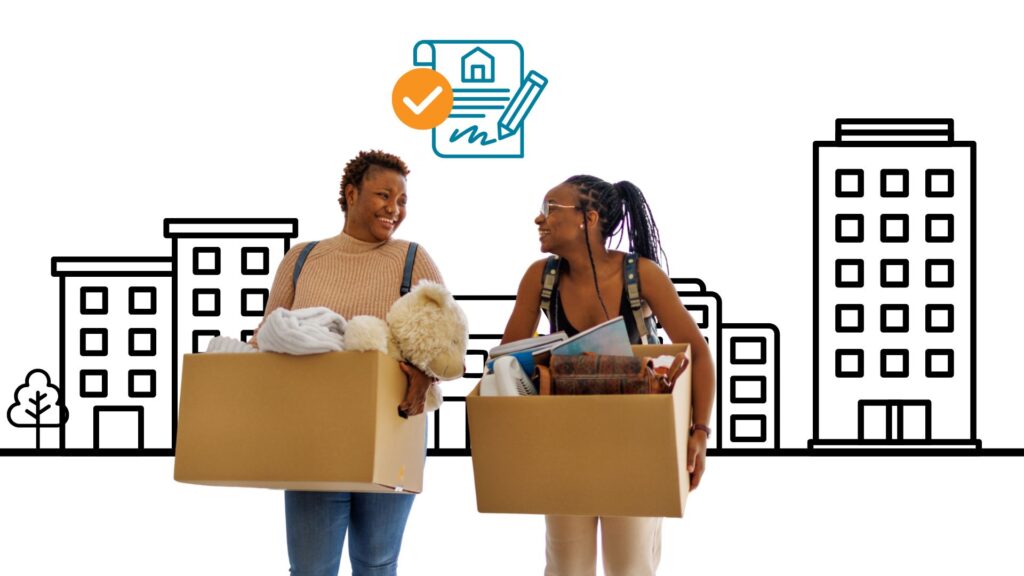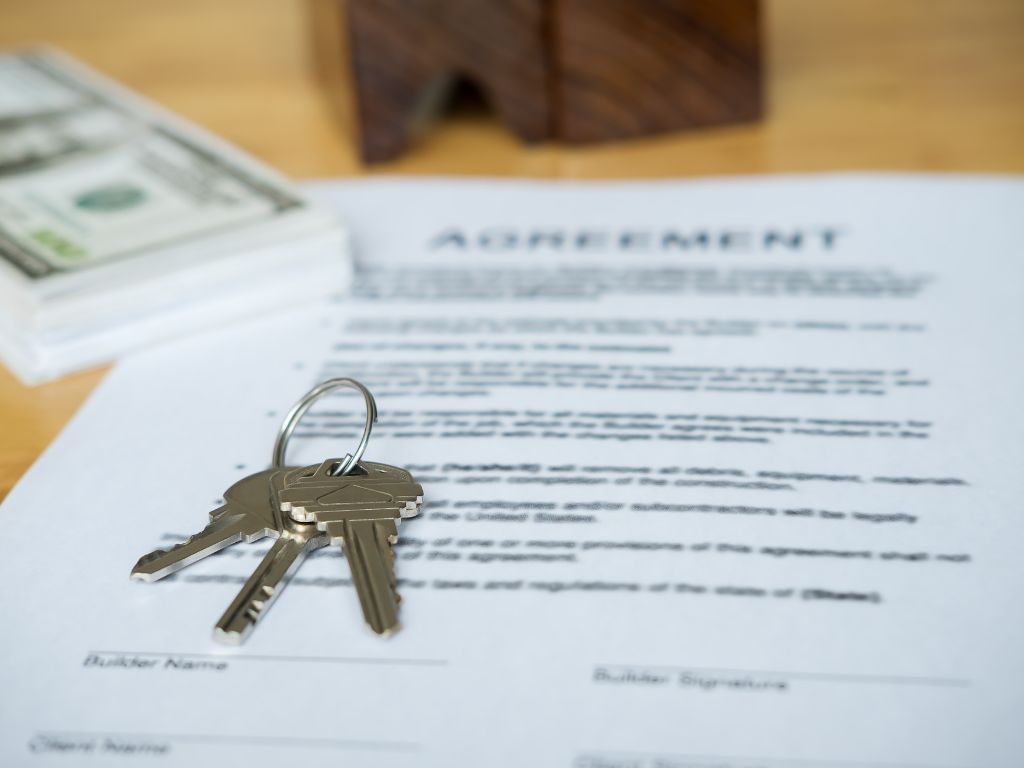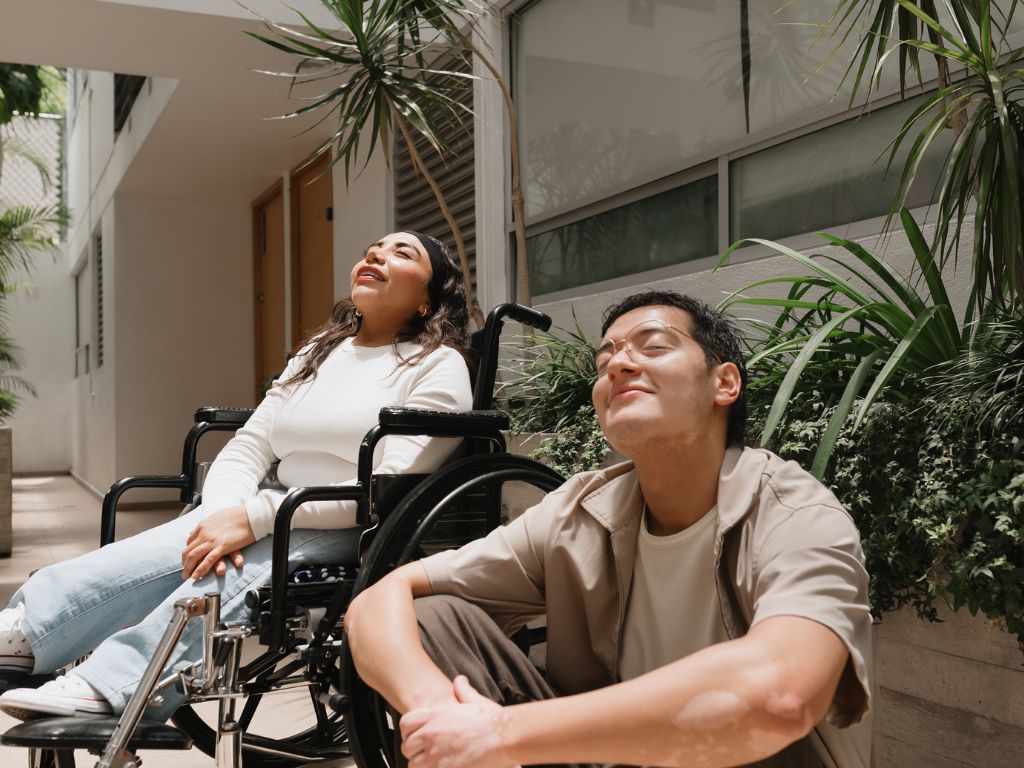OPWDD’s housing subsidy gives financial assistance to adults with IDD who want to live independently but need help affording housing.

Who can get a OPWDD housing subsidy?
To get a housing subsidy you have to apply for approval. These are the requirements:
- Be OPWDD waiver eligible
- Be over 18 years old
- Not be living in OPWDD run or certified housing
- Not be receiving other rental assistance such as HUD Section 8
- Be legally and financially responsible for the home
- For renters, this means the person receiving the subsidy is on the lease.
- The lease cannot be month-to-month.
- For home owners this means the person receiving the subsidy is on the deed.
- For renters, this means the person receiving the subsidy is on the lease.
- Apply for all government assistance that you may be eligible for
- Social Security income, SNAP, HEAP and Section 8 housing vouchers
To learn more about OPWDD certified housing read our article “What is OPWDD certified housing?” or contact us at 1-800-762-9290 or at iddo@cssny.org.
What does a housing subsidy pay for?
The housing subsidy can help pay for the costs to live in a house or apartment such as:
- Rent
- Renter’s or homeowner’s insurance
- Basic utilities (electric, gas, and heat)
- Maintenance fees
How much money can I get for the housing subsidy?
The housing subsidy does not cover all of your rent. The subsidy amount depends on the part of the state you live in, what the typical rent or value of the housing is in your area, and your income. Expect to contribute about 30% of your income to rent.
For examples of how these calculations work, please see the OPWDD Administrative Directive Memorandum (ADM) 2022-3.
Can I live anywhere I want and get a housing subsidy?
Those who want to get a housing subsidy must choose a home that meets OPWDD’s requirements. These standards are to make sure that the home is livable and safe, and that the home itself allows an individual to live independently in the community.
To meet OPWDD quality standards the home should:
- Be a legal housing unit
- Be a sturdy building that is in good condition
- Have an accessible exit in case of an emergency
- Have a kitchen with a working stove or microwave oven, sink, and refrigerator
- Have a bathroom with a working toilet, sink and shower or bathtub
To meet OPWDD independent living standards, the home should:
- Be available for anyone to rent or own;
- Not have more than four adults who are not related to each other living in the same unit;
- Be part of the broader community. In other words, living in this home will not make the individual isolated or separated from individuals without disabilities.
There is also an inspection every year to make sure that the home continues to be safe to live in and meet these requirements.
Find a complete checklist of these requirements in the OPWDD Administrative Directive Memorandum (ADM) 2022-3 Attachment A.
Can I get a housing subsidy if I have Self-Direction?
Yes, individuals who are already getting Self-Direction can get a housing subsidy. You can include the subsidy in your Self-Direction Budget.
Do you know what Self-Direction is? If not, please see our other article, “What is Self-Direction?”
How can I get a housing subsidy?
You will need to work with your care manager to request the housing subsidy through the Developmental Disabilities Regional Field Office (DDRO).
You will need to submit these documents:
- OPWDD Housing Application Form
- Housing Subsidy calculation
- A current Life Plan
- Staff Action Plans
- A Self-Direction budget (if you have one)
DDRO will send you a letter of approval or denial.
What if I get denied?
If you get denied you have the right to challenge the decision. You can request a dispute resolution meeting. This is a meeting with you and the DDRO where you can explain why you disagree with the decision and give additional information.
If the DDRO still decides to deny the housing subsidy, you can write an appeal that goes to the OPWDD Central Office for the commissioner to review.
If you would like someone to help you advocate at a dispute resolution meeting contact IDDO at 1-800-762-9290 or visit our Get Help page.

